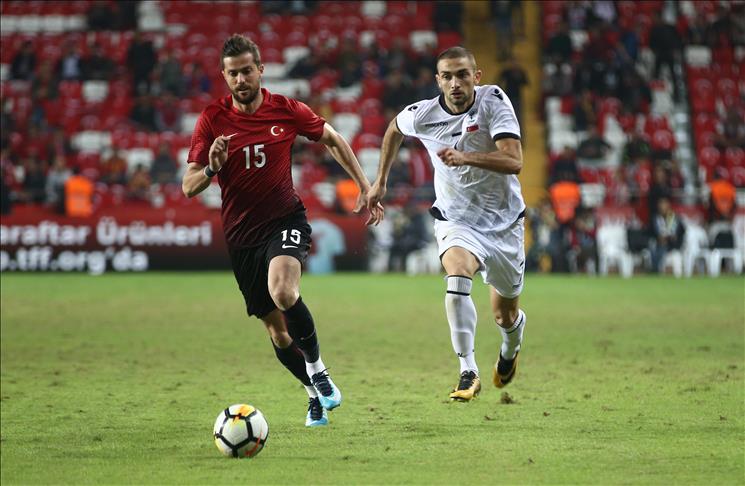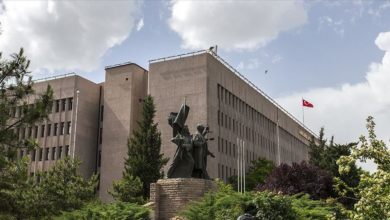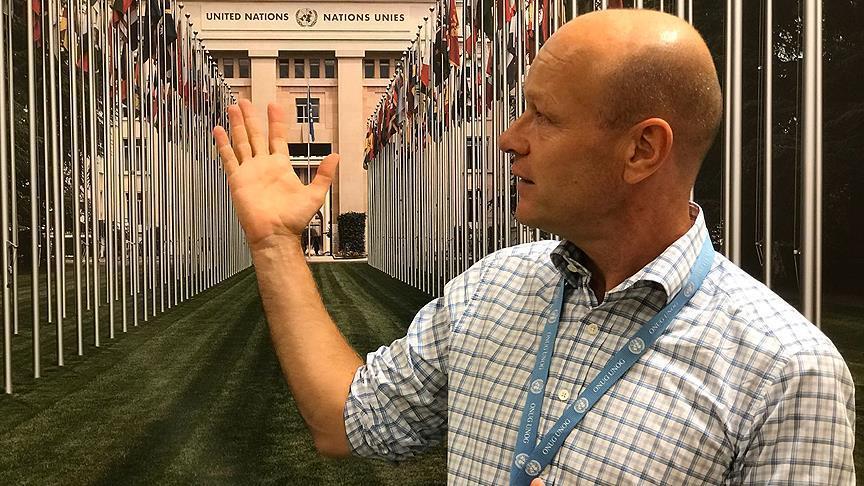Rate hike in Turkey:Ankara fights against the currency crash / Breaking News
Last week still had central bank chief Erdem Basci and his staff decided not to increase the interest rate, but to leave it at 4.5 per cent – although the Turkish lira was in a freefall. As a result, the currency crashed on.
Earlier this week, the central bankers have been forced to take action and called for an emergency meeting Tuesday evening. Fearing a further decline in the value and rising prices as a result they raised the key interest rate dramatically: from previously 4.5 percent to ten percent. The rate at which banks can borrow overnight money at the Central Bank, was raised on Tuesday evening from 7.75 to twelve percent. Following the decision of the lira against the dollar increased by three percent.
Turkish Lira Currency Crash:Inflation is expected to slow in the second half
Already in the past twelve months, the rate against euro and dollar had fallen by about a quarter . The buying up lira by the central bank is worth two billion dollars had previously been without effect . Your waiver of a rate hike in the past week damaged the credibility of central bankers , they were helpless in the fight against price decline of its currency.
Now changed central bank chief basci its course : Before the rate decision on Tuesday he had indicated an increase in interest rates. The central bank will ” use all available instruments ” to protect the lira , he said . Observers had interpreted it as a change of course and had assumed that it would still come at higher interest rates . Such a drastic increase , however, no one had predicted.
The central bank has also revised its forecasts for inflation in Turkey. Was she so far still forecasting an inflation rate of an average of 5.3 percent this year , it now expects price increases of 6.6 percent. The goal is to slow down the inflation in the second half goal .
Whether the rate hike can stop this development sustainable is uncertain. Because of the previously low interest rate is only one reason for the weakness of the lira. The increase comes late, the central bank is said to have not dared to take this step due to political pressure earlier. Prime Minister Recep Tayyip Erdogan is considered opponents of a rate hike , low interest rates should spur the booming economy in recent years, further to his will. In addition, the end of March local elections in Turkey , of which a signal for the political future of the country is expected – not an appropriate time to raise the cost of borrowing to finance the economy.
Another reason for the weakening currency is the unstable political situation . A corruption scandal that had forced Erdogan to replace several ministers in December , is still far from over . Erdogan is despite his quite successful tenure of eleven years as damaged and puts more and more often authoritarian tendencies of the day , especially after the Gezi protests last summer.
Turkish Lira Currency Crash:Turkey has lived on credit
The negative trend in the exchange rate has evolved in this situation, a momentum that is difficult to bring under control. A stabilization of the lira by the rate hike is unlikely to be permanent if not at the same time improve the political situation. Even the highest interest rates will convince any investor from investing in a politically unstable country.
A third reason is the new price of the U.S. central bank to reduce the amount of dollars and let interest rates rise again . For years, foreign capital can flow there , the strong growth of the Turkish economy . Turkey lived on credit , they imported more than they exported . Nobody bothered this performance deficit .
But hardly dropped by the U.S. decision, the money supply , attracted foreign donors their capital . This is a development , suffer from not only Turkey , but almost all emerging markets. The currencies in Argentina , Brazil, India and South Africa have strongly declined in value in recent months in part . Recently also highlighted India’s and Brazil’s central bank on interest rates .
The government in Ankara is confident that the economy will continue to grow strongly . Economy Minister Nihat Zeybekci said recently at the World Economic Forum in Davos, “the whole world ” most of the “Stability and robustness ” of the Turkish economy . The country has proven that it can cope with economic and financial difficulties.
[adrotate banner=”33″]




